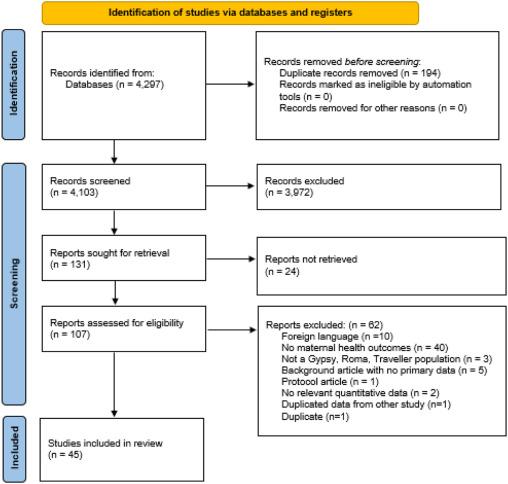The Roma Daja: A Cultural Approach to Maternal Health
The Roma Daja initiative is a groundbreaking program aimed at improving maternal health within Roma communities. This culturally sensitive approach strives to address the unique challenges faced by Roma women during pregnancy and childbirth.
The Role of the Daja in Roma Communities
The term “Daja” refers to a traditional midwife, who holds a significant position in Roma culture. These women are not only healers but also trusted figures within their communities, making them key to ensuring safe maternal health practices.
Challenges Faced by Roma Women
Despite the efforts of initiatives like Roma Daja, Roma women often encounter systemic barriers that hinder access to healthcare. Issues such as discrimination, lack of education, and geographical isolation further complicate their maternal health experiences.
The Importance of Culturally Sensitive Care
Culturally sensitive maternal health care addresses the specific needs and beliefs of the Roma community. By incorporating the roles of traditional figures like the Daja, healthcare providers can build trust and improve health outcomes for Roma mothers.
Impact of the Roma Daja Program
The Roma Daja program has shown promising results in improving prenatal care and reducing maternal and infant mortality rates. By empowering local midwives and providing education, the program effectively bridges the gap between traditional practices and modern healthcare.
How You Can Support Maternal Health Initiatives
There are numerous ways to support programs like Roma Daja, from donations to advocacy efforts. For more information on improving maternal health for Roma women, visit Borgen Project’s website, which offers resources and insights into this vital topic.
Conclusion: A Path Forward for Roma Maternal Health
Improving maternal health for the Roma community requires a collaborative approach that respects cultural traditions while facilitating access to healthcare. The Roma Daja initiative exemplifies how localized solutions can tackle broader health challenges effectively.

